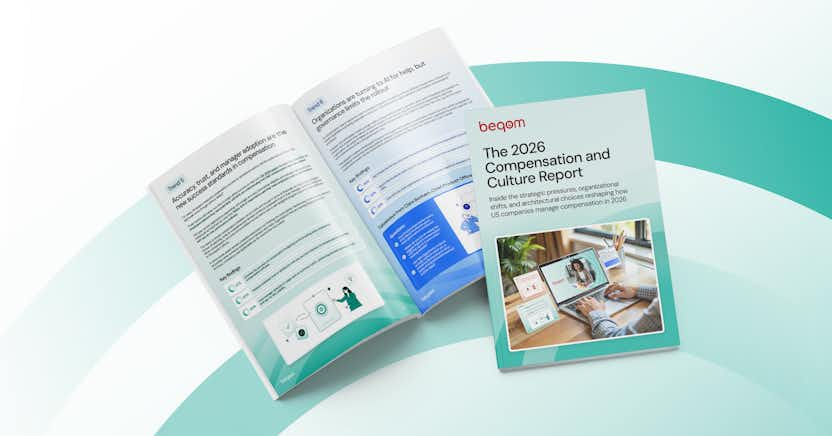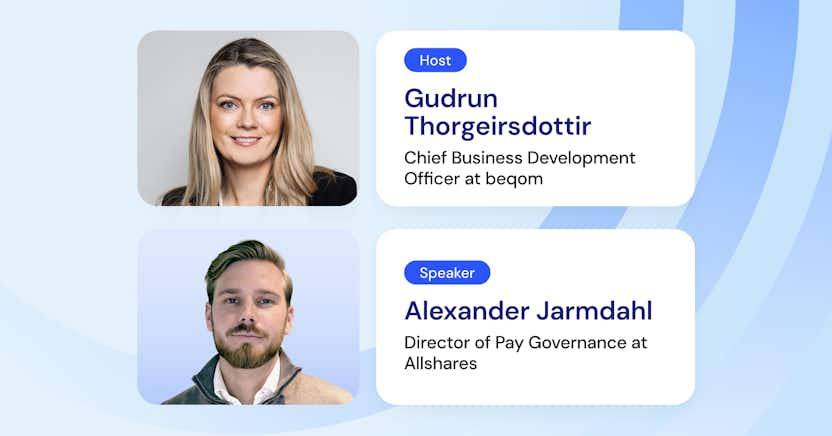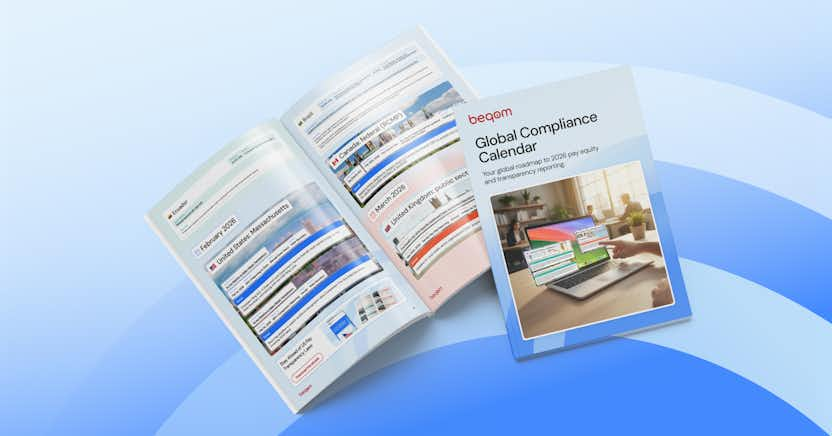How Technology Helps Compensation Planning

Learn more about the following beqom products
It’s that time of year again: compensation review rounds, lovingly known as “comp rounds.” For companies on a calendar year basis, November through March typically is marked by a company-wide process of reviewing employee performance and compensation, while rolling out new compensation plans.
It doesn’t need to be a painful experience, however. Here we’ll take a look at how the right compensation planning tool can support the first phase, the all-important planning process.
The planning phase is crucial, as it determines how well you are going to execute on your compensation strategy and how much it will cost the company. Maybe it’s too late for this round, but as you go through this year’s comp cycle, it may be a good time to think about the pains that technology could help alleviate in the future.
How can technology help with compensation planning?
To understand how technology may be able to help with your compensation planning, first consider a few basic questions.
How complex are your compensation calculations? If all you have are salaries, and for planning purposes, you can assume an average increase across the board, that’s a fairly simple scenario for budgeting. However, if you have multiple bonus plans globally, driven by a variety of different metrics, that could mean a rather complex scenario for determining an accurate budget. The more complexity, the more you will be helped by an automated, rules-based system.
A compensation system can create a budget starting point based on history and trends, provide a formula-driven method for modeling the cost of a compensation plan, and automate the processes of allocating and aggregating the budget.
Some related questions to ask:
- How many variable incentive plans do we have?
- How many different metrics go into bonus calculations?
- How do I identify different populations that are being affected by the above plans or exceptions?
- How do I take regulatory requirements into consideration?
- Do I have the right data set to create a basis for this calculation or model?
- Can I refresh this model on demand?
How well can you manage and track your process? Like most planning cycles, comp design and budgeting is an iterative process, subject to negotiation and adjustment along the way, so it’s important to have a managed process flow. A compensation system provides a way to manage and track the review and approval of the compensation budget, including an audit trail of who has approved the plans and budgeted amounts, for both governance and compliance reasons.
Some related questions to ask:
- Do we have a good way to manage the iterative planning process?
- Can you track the planning process to know where it stands?
- How do you produce an audit trail of compensation design decisions and approvals?
Are you able to predict the results of your compensation design? On a macro level, it is important to test plan versions to see the impact of different compensation designs. Your planning methodology should enable you to evaluate the effectiveness and cost of your compensation plan. A central system with simulation and analytics capabilities can help you make the best planning decisions. This includes considerations such as:
- Will a given salary distribution align well with market benchmarks?
- Does it avoid a gender pay gap or other pay equity issue?
- Will the executive compensation plan be sufficient to attract top talent while being consistent with fiduciary responsibilities?
Technology can make all the difference
Technology can ease your compensation lifecycle. A centralized compensation management system facilitates budgeting and plan design by providing a common platform to allow input and review by all stakeholders.
The right compensation technology can fully automate all of your compensation processes, which will dramatically improve operational efficiency, lower costs, enable the execution of business strategy, aid in attracting and retaining talent, and support regulatory compliance.
Do you have the capabilities you need to adapt your compensation and rewards to today's job market? Contact beqom today to speak to one of our compensation experts about your needs for managing global compensation.







